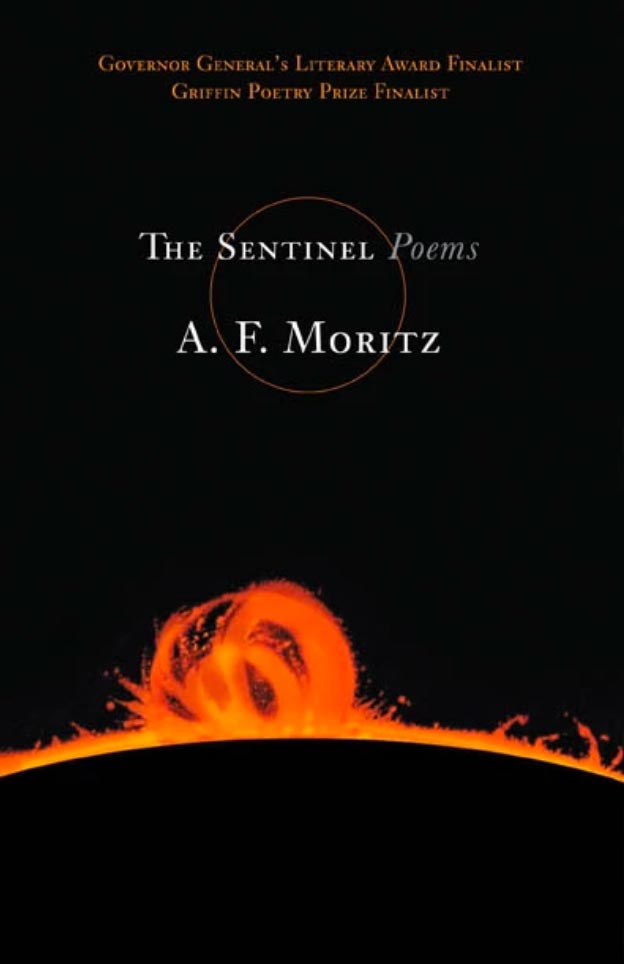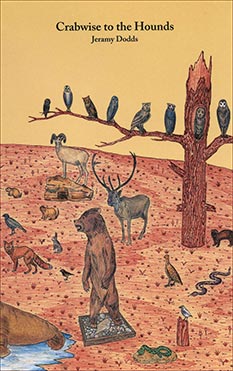A friend of mine once said to me: “Your poems are so much better when you explain them.”
That statement took me by surprise. It presumes many things, most notably:
a) some of the pieces I write qualify as poems (at times, a questionable presumption);
b) my poems (or any poems for that matter) require explanation; and
c) my poems (or any poems for that matter) are capable of being explained.
After a person reads a poem, the first question she asks is: what does it mean? Readers want to explain it. Sometimes I oblige my readers and they respond as my friend did, suggesting that I have made myself accessible, a quality that is much admired.
We tend to think of reading as an advanced form of cryptography. At least that’s the default approach for a rational soul like me. The poet has a thought or feeling he wishes to communicate, so he takes that thought or feeling and wraps it in a coded packet called a poem. He sends his packet out to his loyal reader who decodes the poet’s poem to reveal the thought or feeling which can then be imprinted upon the reader’s mind or heart, more or less as the poet intended.
Like a cryptographer, the reader may crack the code by relying on a “key” – what Renaissance poets used to call a “conceit.” It may be a statement like:
“The scales are a symbol of …”
“The theme is …”
“The ocean really stands for …”
“The imagery evokes …”
Or the reader may be able to guess at an appropriate key if she is an experienced reader of poetry.
I note that the For Dummies series of books has produced a Poetry For Dummies book. It functions like a Swiss Army Knife of poetic keys — a tool to crack 95% of the world’s poems. It’s intended for people who think it would be good for them to cultivate a taste for poetry but (as I experience with wine tasting) lack a basic vocabulary to talk about the experience. High school English classes try to accomplish the same thing: imagery, symbol, metaphor, simile, meter, stanza, form, rhyme, rhythm, voice. These words are the vocabulary of explanation. They point to the keys that crack the code. Northrop Frye used this cryptographic conceit to describe the process of finessing meaning from a much longer poem — the Bible — when he wrote The Great Code.
I think it’s fair to say that all poets, at least early on in their writing, parallel the reader’s desire for explanation. They begin the process of writing a poem by asking questions like: “What do I want to communicate?” “What is the point I’m trying to make?” “What kind of feeling am I trying to evoke?” This self-consciousness often leaks into the poetry.
Every poet writing in this inaccurately named postmodern world of ours goes through a phase of self-aware writing — the poem about writing a poem. I’ve done it. More than once. It rarely makes for good poetry but it seems to be a necessary step on the path to good poetry.
However, this is not the self-consciousness I care to address. Rather than the “Look at me; I’m a poem” brand of self-consciousness, I’m after something subtler: a “Here is a coded packet; enclosed are some keys you’ll find helpful” brand of self-consciousness. The poet may write a rich and complex piece, but the poet embeds little signposts and hints along the way to ensure that the reader receives the intended message. For reference, here’s an egregious example I discovered yesterday in a novel titled The Other Sister by Lola Lemire Tostevin:
Again, Lena knocked on her head with her fists, a gesture she repeated whenever she wanted to convey how hermetically sealed the past was, as insulated from the outside world and from the present as if trapped behind barbed wire.
The portion indicated in italics ought to have been deleted by the editor. It is all explanation and already implied by the character’s act of knocking her head with her fists.
The desire to explain is a tendency I chalk up to anxiety and to attachment. The poet is afraid of being misunderstood. The poet is attached to a conviction that meaning is – or at least ought to be — a fixed point in a floating world. This reflects an idealism that may well have political consequences. Conversely, some of our best known political poetry — protest songs like “We shall overcome” — may also be laments for the inadequacy of language, for its eternal failure to create the immediacy needed to penetrate the differences which seem to keep us at war with one another.
I think that if a poet is to progress, then he must overcome the fear of being misunderstood and he must relinquish his attachment to the impossible ideal of explanation. We never look at our children and ask: “What is your meaning?” Nor do we stand in front of a century-old maple and say: “Please explain yourself.” We recognize our children as wonders in their own right and, if we have any feeling at all, we recognize ancient trees as numinous beings. The demand for meaning and explanation becomes irrelevant — maybe even incoherent.

Let me offer two examples to illustrate the difference between the poem as explanatory fetishism and the poem as numinous being. The first examples come from the volume titled The Sentinel by 2009 Griffin Poetry Prize winner, A.F. Moritz. Professor Moritz is an academic and is in the business of providing explanations:
… here I sit
decades later, maybe eons, I don’t know,
like a smudged paper rubbed to brittle thinness. The former marks on it
indeed are gone, almost, but the slightest stroke
would now tear through, so nothing
ever is written there. But surely it’s evil
to stay a blank like this …(from Childish Willow)
And again:
I don’t want a memorial of love
that someday another man or woman will see,
opening a book or wandering under a hill,
and say: “Of him, we learn his name, and she…
he left her blanker still-
whether it was through the error of restraint
or through how little art can do or will,
who knows? In any case this, so faint,
blank almost, is their memorial,
that we can only make what may please us of.”
I don’t want a memorial of love.(Memorial)
While the meanings of these passages lie elsewhere, nevertheless they anchor themselves in the act of writing themselves into being.

With Crabwise to the Hounds, Jeramy Dodds was shortlisted for the same prize, but lost. Consider the poem titled Boogaloo:
At every fete,
when the ass of a balloon opens,
we follow its tune, for whoever
that failing balloon brushes
becomes immune to voodoo.You and whose doll, I knew not,
walked the churchyard then stopped
to cram a hairpin into its burlap.
I did not fold, but someone somewhere
cupped his loins.We are only allowed to live
due to some colossal misunderstanding.
In rec rooms across this land
perpetual galas rage, throngs
of ball-gowned survivalists
scan skyward, arms spread
for breath-propelled balloons
that lap pristine ceilings.Or until our effigies of each other drop
tears that teem like a sea of chandeliers.
Dodds demands no explanation and offers few clues. It is what it is. While Dodds is, at times, self-reflexive, as are we all, most of his writing tends to be self-effacing, allowing the poem to reveal itself on its own terms. (This is why I believe the wrong man won the 2009 Griffin Poetry Prize.)
Among the best examples of what I call numinous poetry is Roo Borson’s Short Journey Upriver Toward Osheida, which I have discussed here. I have no idea what her work means. I have no explanations. But whenever I read her, it feels like I’m sitting beside cool running water. From a poem called, appropriately enough, River:
All night the miseries of others
gnawing at our bones. But dreams
are only dreams, unless they’re the dead:
elaborate in autumn’s gold frame, or those resonant
kitchen sounds that let us know we’re loved. Tea,
wheat, sand, water, paper, gold – a life in which,
if you pause, you can hear the dust settling,
in which summer nears winter and disappears,
each seems the only condition possible,
candid while it lasts.
Her words walk along beside me like an old friend, meaning-filled, not because they tell me anything, but because they accompany me on my journey.
An analogy comes to me from my friend who claims not to understand poetry but likes mine when I explain it to him. He also claims he doesn’t know any jokes save one. Here is the joke:
Q: What is the difference between a duck?
A: One of its legs are both the same.
I shocked him by laughing until I nearly peed my pants. I don’t know why I found it so funny. It doesn’t make any sense. Nevertheless, I think I cemented our friendship when I laughed at his stupid joke. Now, the joke has acquired meanings that extend beyond the limits of its (nonsensical) words: it is a marker on the path of a friendship, something we can return to as we venture on our journey.
Poetry is like that.
